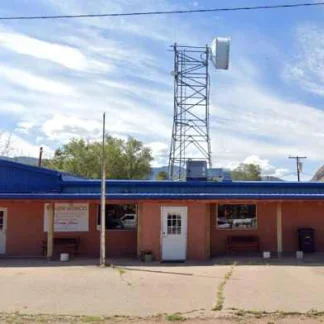Alamo Navajo School Board - Alamo Navajo Behavorial Health Clinic
Magdalena, New Mexico, Highway 169 Mile Marker 29, 87825
Available Programs
- Adolescence program
- Adult program
- LGBTQ program
- Program for men
- Program for women
- Young adult program
Insurance and Financial
- Medicaid
- Financing available
About this Facility
Alamo Navajo School Board – Alamo Navajo Behavorial Health Clinic is a public rehab located in Magdalena, New Mexico. Alamo Navajo School Board – Alamo Navajo Behavorial Health Clinic specializes in the treatment of alcoholism, drug addiction, dual diagnosis, mental health and substance abuse, and opioid addiction.
Contact us for more information: (575) 854-2626

Contact Alamo Navajo School Board - Alamo Navajo Behavorial Health Clinic
Connect with Alamo Navajo School Board - Alamo Navajo Behavorial Health Clinic by calling their admissions team directly.
(575) 854-2626 Website Get Directions